Laurens Straub
출생 : 1944-12-14, Doetinchem, Gelderland, Netherlands
사망 : 2007-04-19
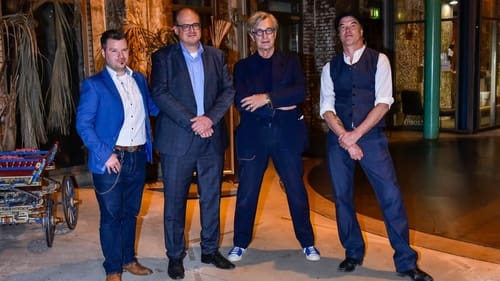
Self (archive footage)
"Wings Of Desire" and "Buena Vista Social Club", "Paris, Texas" and "The State Of Things": Wim Wenders is considered one of the pioneers of New German Cinema and one of the most important and influential representatives of contemporary cinema. With never before shown archive material and extraordinary encounters with companions and contemporary witnesses such as Francis Ford Coppola, Willem Dafoe, Andie MacDowell, Hanns Zischler, Patti Smith and Werner Herzog, this documentary provides unique insights into the life and work of one of the most multifaceted artists of our times. Renowned documentary filmmaker Eric Friedler ("It Must Schwing. The Blue Note Story") and his co-director Andreas Frege were given the exclusive opportunity to portray Wenders for this film. From Dusseldorf to Paris, and all the way to the desert of Texas, the film traces iconic locations and decisive moments in Wenders' work as director, producer, photographer and author.

Self

Screenplay

Director
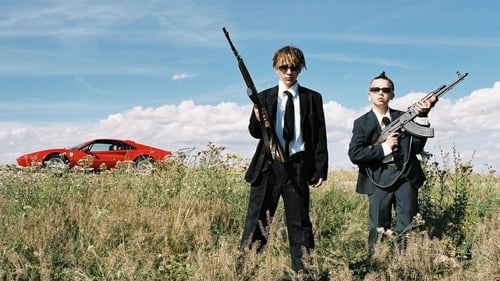
Producer
Max and Moritz are two young brothers living an adventurous life of petty crime in Hamburg, Germany. After the two boys steal a car and get into an accident, with the adolescent daughter of a Hamburg Senator sitting in the passenger seat, the two scoundrels are packed up and sent to a boot camp. This military-style camp is run by Axel and Henry, two former East German soldiers who still strongly believe in Communism but are secretly gay lovers. Max and Moritz steal another car...a red Ferrari owned by small-town pimp Murder-Hanne. The nationalistic sadist teaches the boys a painful lesson, but Max and Moritz wouldn’t be Max and Moritz if they let this weekend-fascist get them down... and when they acquire the key to their military school’s ordinance depot, things start to change.
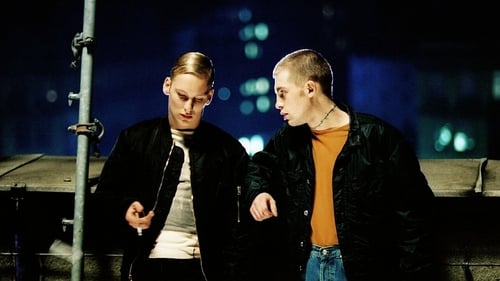
Policeman
Ingo Hasselbach, whose parents were Communist Party members in East Germany during his childhood, has lived at both ends of the political seesaw. The question of how people reach a change of heart is a profound one; Hasselbach describes the external forces that led to his founding Germany's first neo-Nazi political party and the internal ones that led him away from it five years later.

Producer
Ingo Hasselbach, whose parents were Communist Party members in East Germany during his childhood, has lived at both ends of the political seesaw. The question of how people reach a change of heart is a profound one; Hasselbach describes the external forces that led to his founding Germany's first neo-Nazi political party and the internal ones that led him away from it five years later.

Partygast
Pete is no stranger to success, delivering hit series as a musician in a rock group. When he parts ways with his band and produces his first solo LP, he learns for the first time what a flop means. He did not expect this. He is insecure and desperate, while Lena, his wife, accepts this low blow as a challenge. Jealously, Pete observes that Lena is becoming more and more independent and self-confident in her surroundings. At home there are arguments until everyone packs his bags. Alone with his longing and tenderness for Lena, Pete composes the "Bolero" on his white grand piano that calls her back.
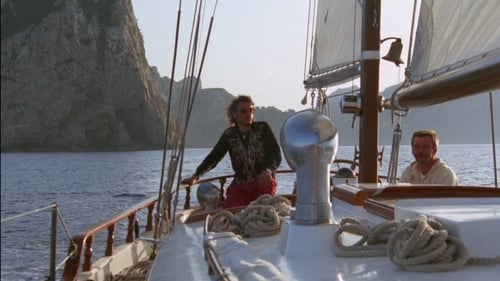
Three actors portray scenes from the life of Sterling Hayden, with a particular focus on his appearance before the House Un-American Activities Committee. Inspired by Hayden’s memoir “Wanderer.”

In Friedliche Tage, we enter a totalitarian and inhuman society, in which daily life is a series of nightmares and the protagonists search for a utopia of freedom and love.
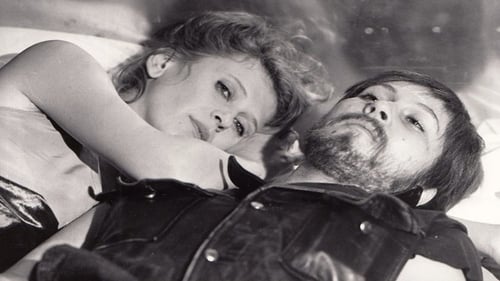
Producer
A bearded director named EVA, a fictive Rainer Werner Fassbinder, lives in a large house with his cast and crew as he films Dumas' Lady of the Camellias. His accountant informs him he has many unpaid bills and little cash on hand. EVA throws a fit and fires him. He then proceeds to play one person off against another, dismiss with cruelty his recent lover Ali, sleep openly with his leading lady Gudrun, and make a direct and public play for his leading man, Walter. He's mercurial, dictatorial, and manic. Will he finish the film, having drawn great performances from his actors through his manipulations, or will his antics set events in motion that spin out of his control?

Screenplay
A bearded director named EVA, a fictive Rainer Werner Fassbinder, lives in a large house with his cast and crew as he films Dumas' Lady of the Camellias. His accountant informs him he has many unpaid bills and little cash on hand. EVA throws a fit and fires him. He then proceeds to play one person off against another, dismiss with cruelty his recent lover Ali, sleep openly with his leading lady Gudrun, and make a direct and public play for his leading man, Walter. He's mercurial, dictatorial, and manic. Will he finish the film, having drawn great performances from his actors through his manipulations, or will his antics set events in motion that spin out of his control?

Producer
Frank Ripploh is a bit of a rascal: he's a bearded and shaggy-haired teacher, and he's gay with a very active sex life and an interest in making films. He keeps his personal life and teaching separate, but he sometimes corrects student papers in public toilets as he waits to score. He cruises constantly, and one evening, he meets Bernd. They become lovers. While Bernd is attentive and caring, Frank gets bored and continues his polymorphously perverse ways. For how long will Bernd and Frank tolerate each other's habits, and for how long can Frank keep his sexual orientation out of the classroom? Things come to a head during Berlin's annual Queen's Ball and the morning after.
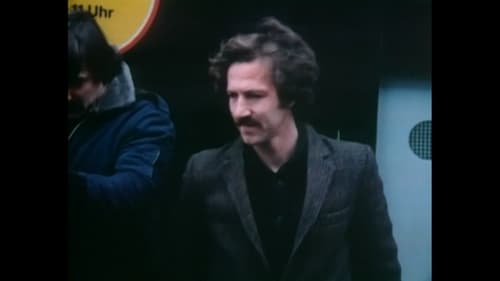
Self
Interview film with German director Werner Herzog revisiting the films he made up to ca. 1977.

Producer
"I Often Think of Hawaii" should be a film for the living room, in which the daily fantasies and daily things have unique value.









